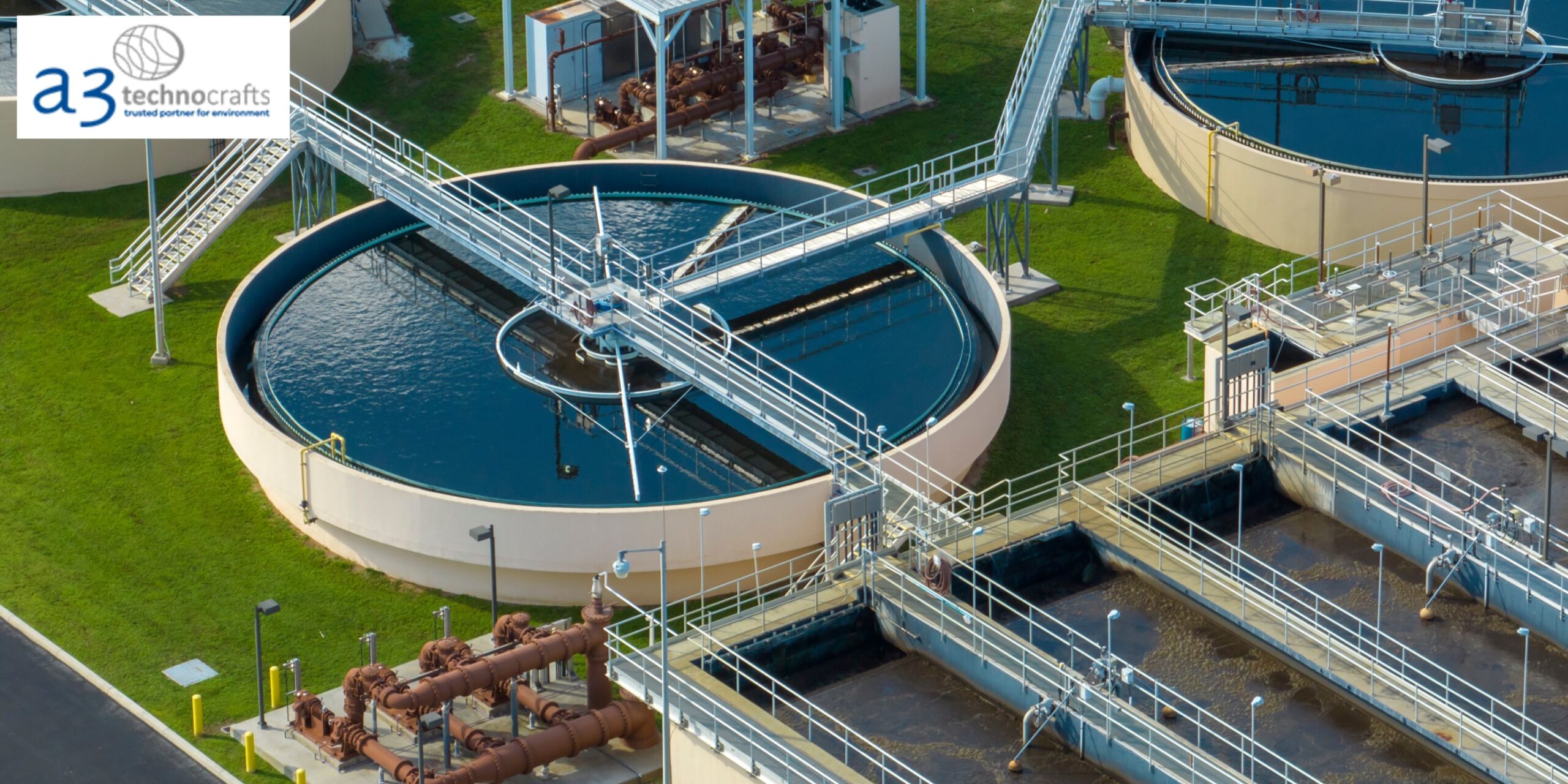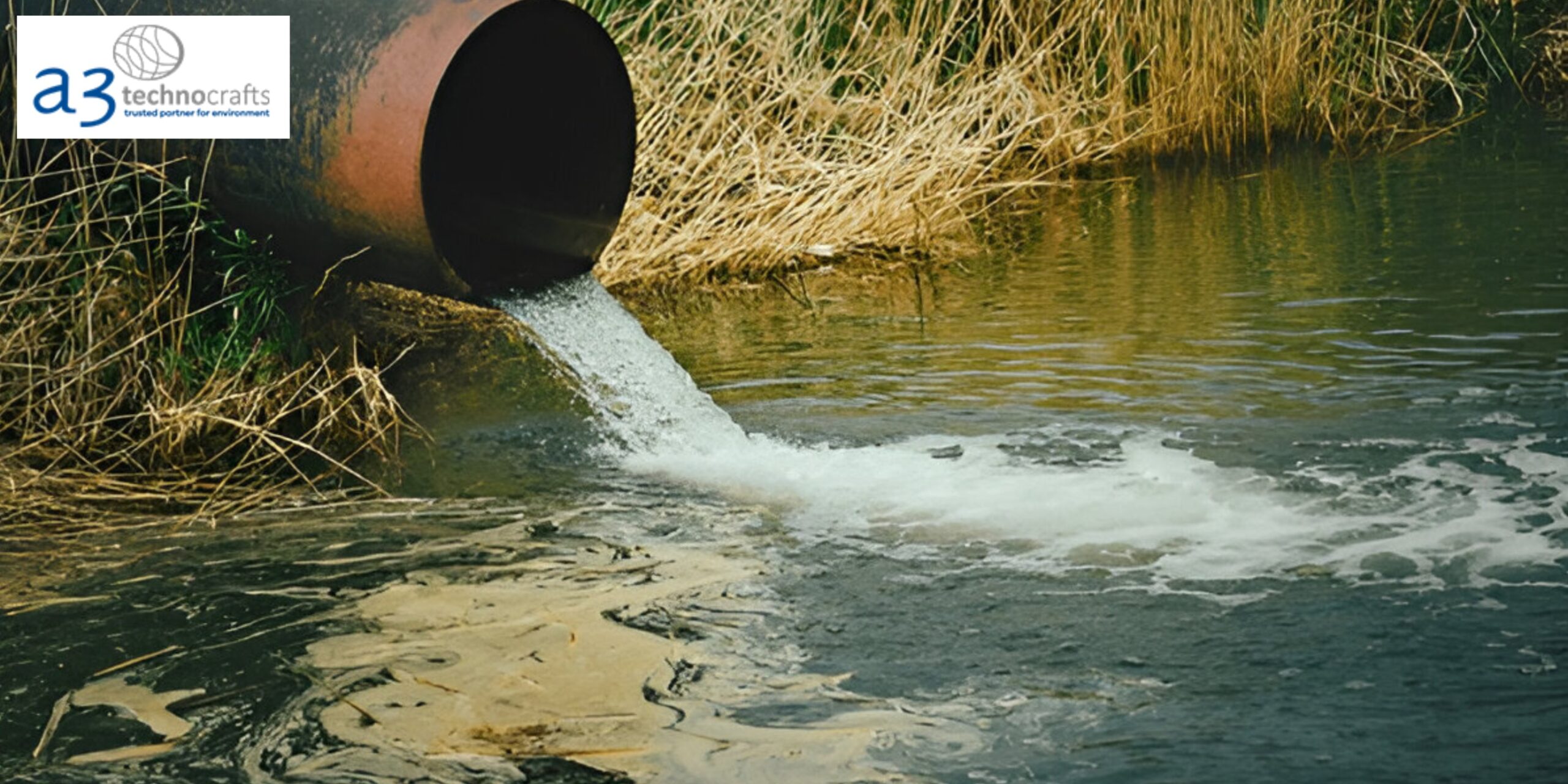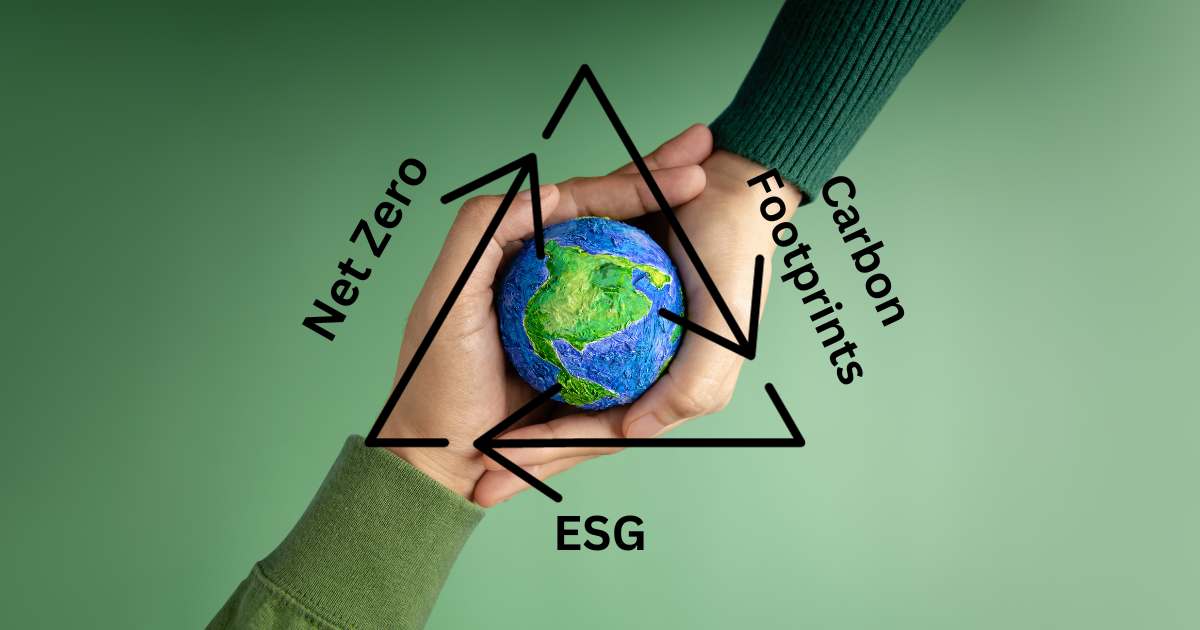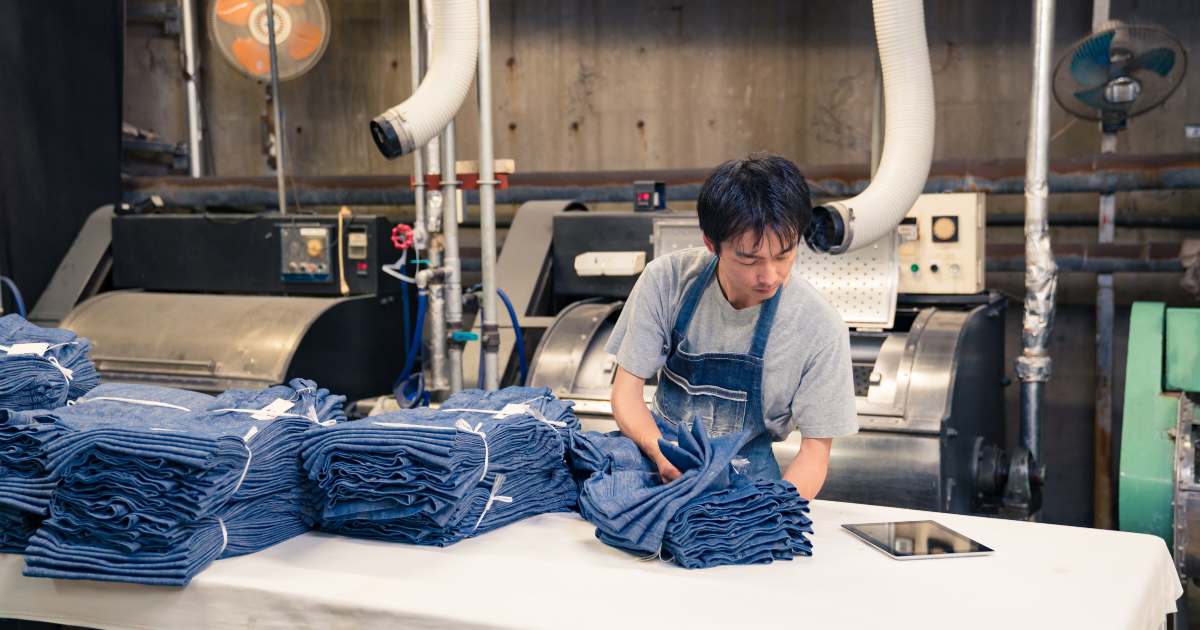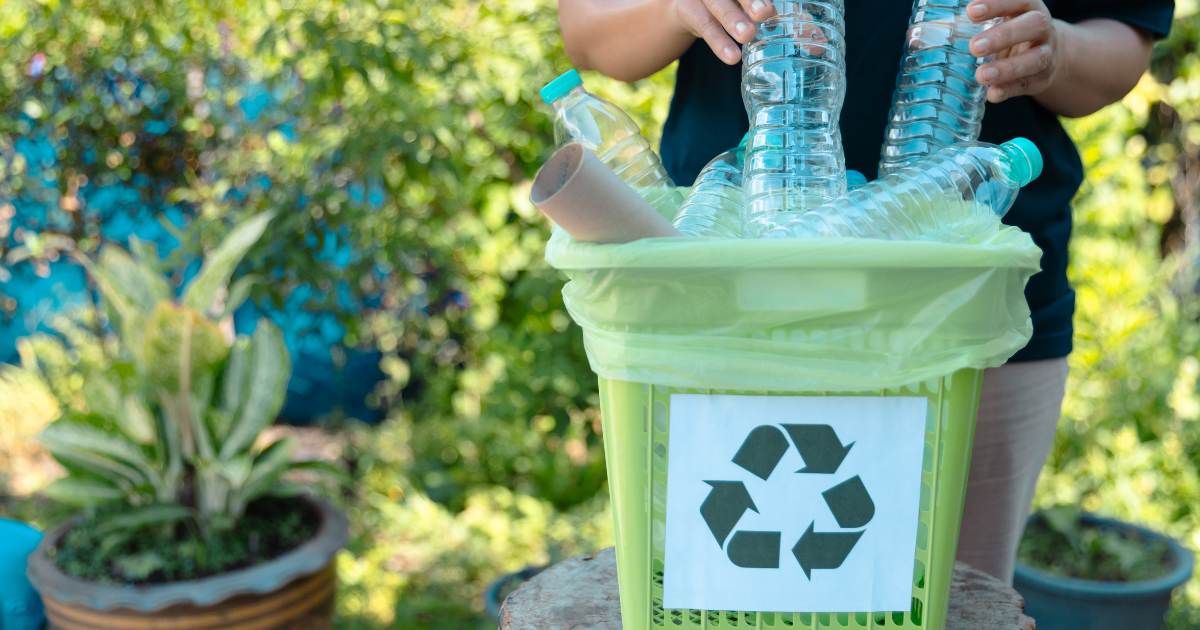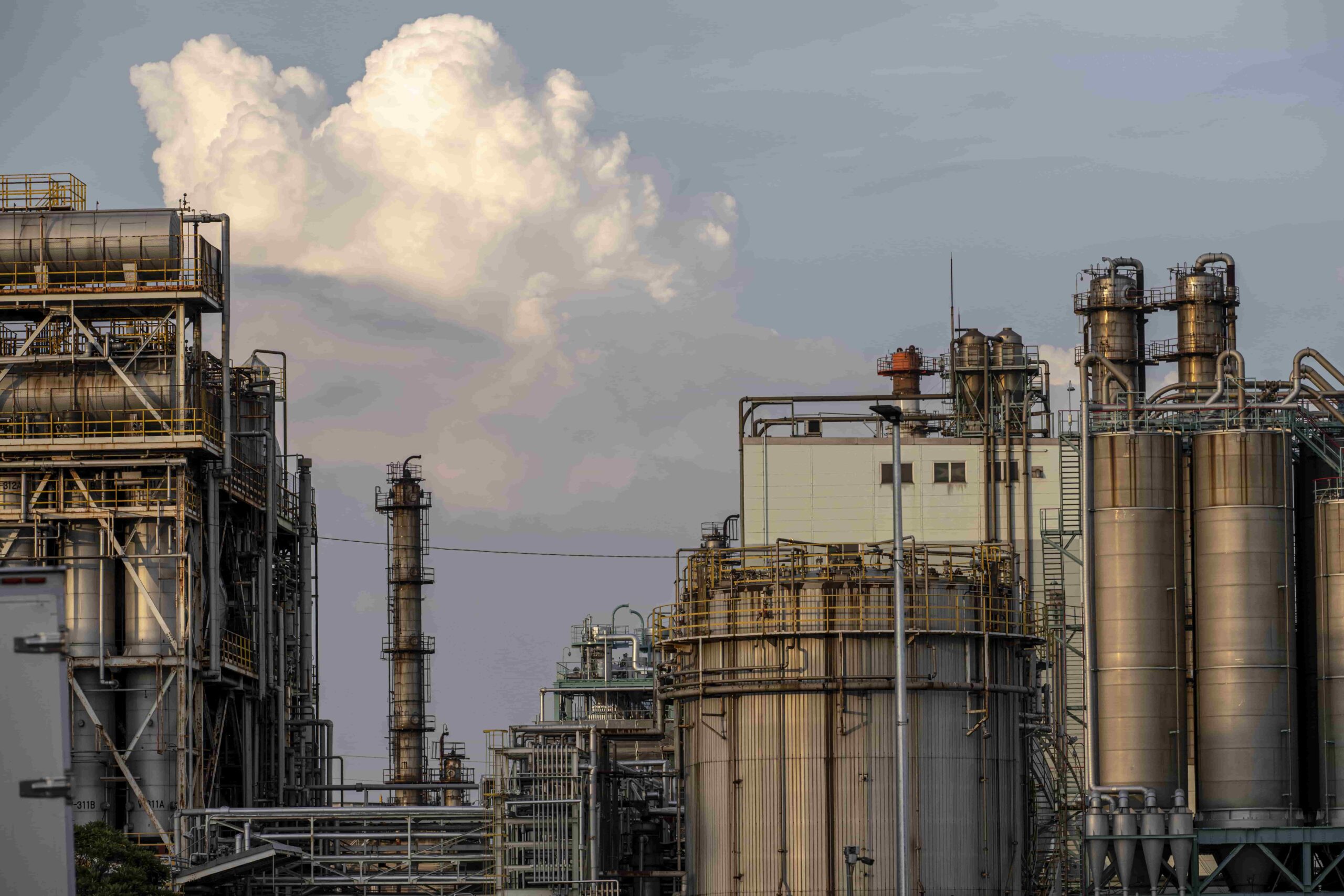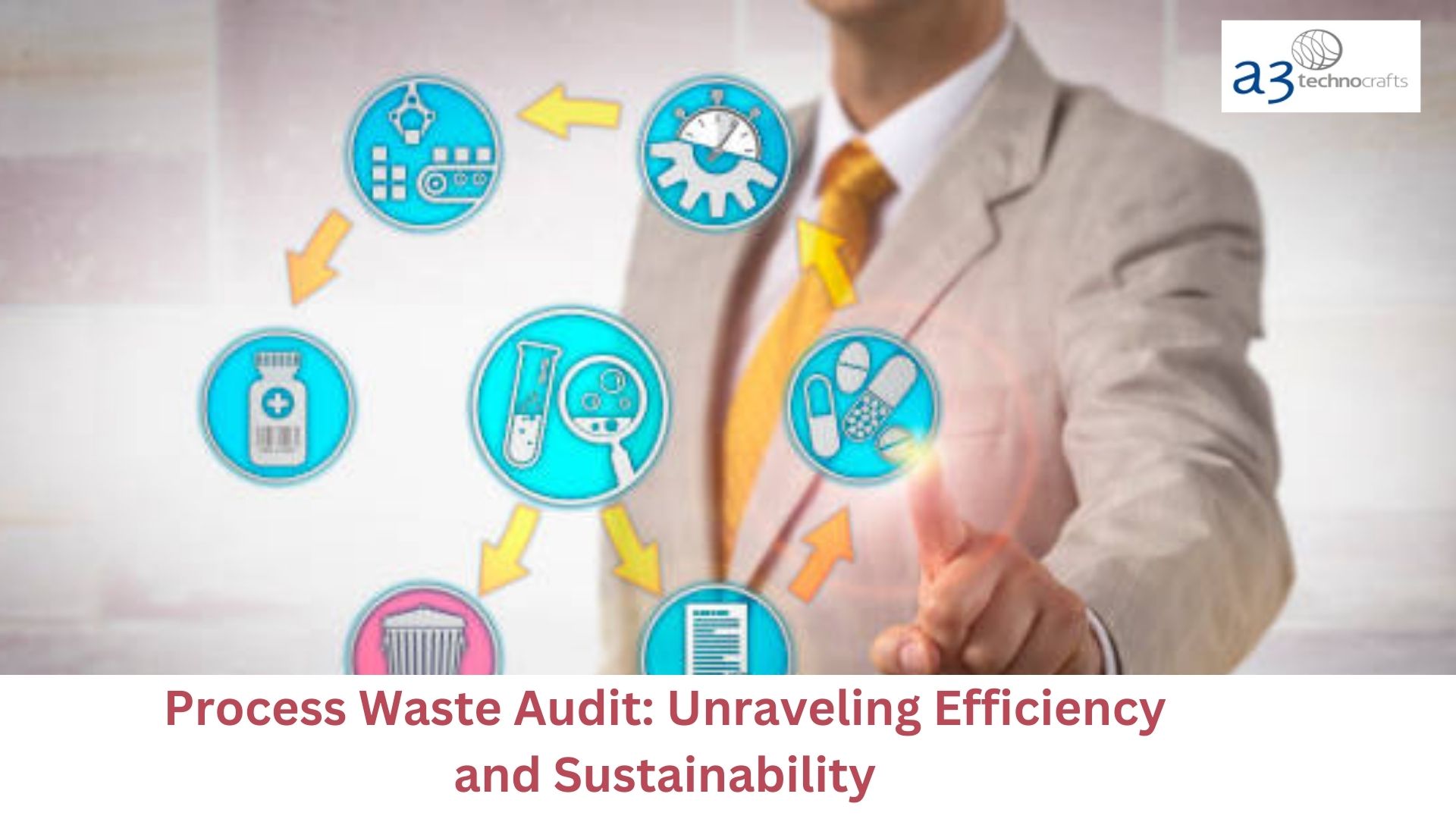As reported by Hindustan Times recently, Bengaluru faced an alarming water crisis and recurring floods in 2024. The city grappled with severe water shortages during the summer, which later transitioned into widespread flooding after heavy rains. This situation posed significant challenges to the city’s infrastructure, governance, and residents, underscoring the urgent need for better water and wastewater management. The role of Wastewater Treatment Plant Companies in addressing such crises is more critical than ever.
What Happened?
In 2024, Bengaluru experienced a severe water crisis during the summer, primarily affecting areas reliant on borewells and water tankers. Areas served by the Cauvery river were somewhat insulated, but the city still struggled with water-sharing disputes and overall scarcity. Following this, heavy rainfall caused widespread flooding, which highlighted the city’s vulnerability to extreme weather events and underscored the need for innovative water management practices. Wastewater treatment plant companies could play a crucial role in reducing the strain on the city’s water systems.
Why Did It Happen?
The water crisis in Bengaluru was driven by several factors:
- Drought conditions affected the city’s water reservoirs.
- Over-reliance on borewells and tankers for water supply.
- Water-sharing disputes with neighboring states made access to reliable sources difficult.
- Insufficient infrastructure to manage the floods and storms, causing damage to homes, roads, and civic amenities.
How Did It Happen?
The situation was made worse by:
- Declining groundwater levels, especially in borewell-dependent areas.
- Inadequate stormwater management systems that couldn’t cope with sudden, heavy rains, leading to widespread flooding.
- Slow adoption of water-saving measures and water reuse strategies, leaving the city vulnerable to water shortages.
The Importance of Treated Water
In response to the water crisis, Bengaluru’s water board mandated the use of treated wastewater for major construction and industrial projects, with supply rising sharply from 60,000 litres to 6 million litres daily. This significant increase in treated water use highlighted the importance of adopting sustainable practices for managing wastewater and emphasized the role of wastewater treatment plant companies in ensuring a consistent water supply. By treating and reusing wastewater, Bengaluru can reduce its dependence on fresh water sources, alleviating pressure on existing resources and supporting growth.
What Can Be Done?
At A3 Technocrafts, we specialize in providing water and wastewater management solutions that can greatly improve urban water systems, addressing the challenges faced by cities like Bengaluru. As one of the leading Wastewater Treatment Plant Companies, here are some of the solutions we offer:
- STP (Sewage Treatment Plants):
Our advanced sewage treatment plants efficiently treat and reuse wastewater, reducing dependency on fresh water sources and preventing pollution. - ETP (Effluent Treatment Plant):
We offer effective treatment solutions for industrial wastewater. Our ETP systems remove harmful pollutants, ensuring safe disposal or reuse, helping industries comply with environmental regulations while conserving water. - ZLD (Zero Liquid Discharge):
Our Zero Liquid Discharge systems enable industries to eliminate wastewater discharge entirely, leading to water conservation and efficient reuse of treated water.
By adopting these advanced solutions, cities like Bengaluru can manage water resources more effectively, reduce wastage, and be better prepared for both droughts and floods. Sustainable water management is essential for ensuring a reliable, clean water supply for future generations.Ready to take the next step toward sustainable water management? Contact A3 Technocrafts, one of the trusted wastewater treatment plant companies today to explore our advanced water and wastewater solutions, including STP, ETP, and ZLD. Let us help you conserve resources, reduce costs, and protect the environment. Get in touch now for a customized solution tailored to your needs.
